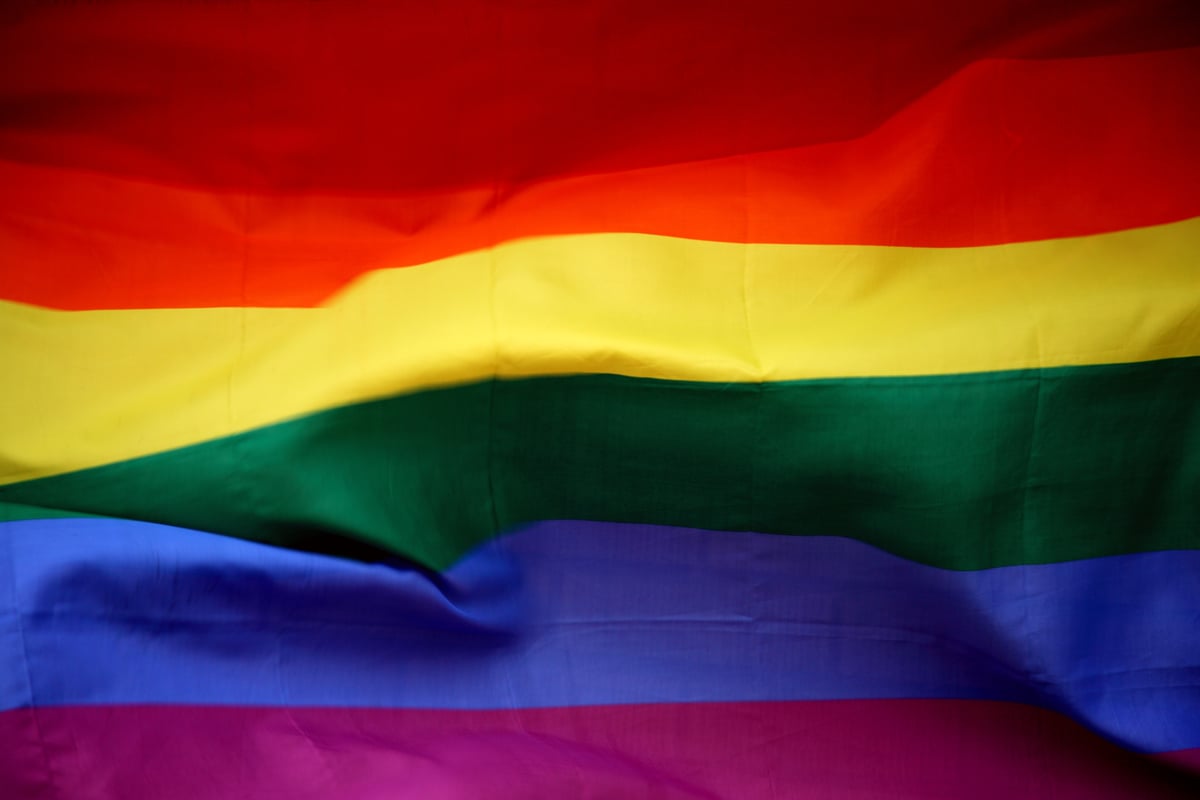Study shows industry should be paying more attention to LGBTIQ+ music fans

A US study by Nielsen Music found that LGBTIQ+ consumers are 11% more likely to attend live music events than non-LGBTIQ+ consumers.
They are also 33% more likely to say “Music helps me identify who I am” and 40% more likely to say “It is important for me to attend a live performance of my favourite musicians/bands.”
The report, published exclusively in Pollstar, described how voracious the appetite of the lesbian, gay, bi-sexual, or transgender community can be.
They’re more likely to attend 16 events a year, compared to 10 for the average US attendee.
They’re more likely to spend 52% more at a music festival.
“LGBT consumers are huge music fans. They’re definitely an audience that the music industry should be paying attention to,” Matthew Yazge, VP-brand partnerships and LGBTIQ+ subject matter expert at Nielsen Music told Pollstar.
“They really tend to be superfans, really plugged in and overindex in almost every genre.
“Given how much of the music experience has moved into live, it’s not surprising that they’re leading the charge there as well.”
Previous studies have shown that 48% of the community spends more on digital and streaming, and more willing to buy wireless devices through which to play music.
Over 60% have maintained they “can’t imagine their life without music.”
In recent years, the marketing industry has indicated that more should be done to target the community.
The YouGov’s 2017 LGBTIQ+ brand rankings report revealed that a high level of the community felt their lifestyles were not represented enough in ads.
The figure was 66% in the US, compared to 51% of the general public; 57% to 44% in the UK and 40% to 33%, in Germany.
No detailed study has been done in Australia on LGBT music fans.
However, the University of Sydney’s study of gender inequality in the Australian music industry, Skipping A Beat, put LGBT women among women from First Nations and the disabilities communities as having the least amount of decision-making power and recognition in the biz.






























